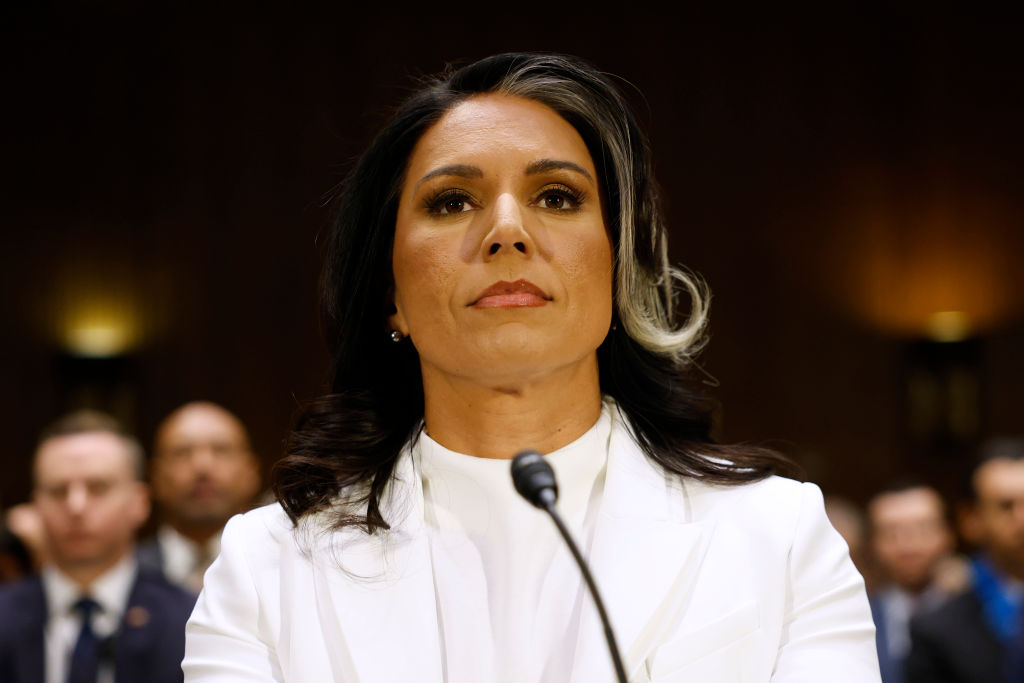The U.S. Senate voted on Monday to advance the nomination of former Representative Tulsi Gabbard to be director of national intelligence, continuing President Donald Trump’s successful push to confirm even his most at-risk nominees for administration positions.
The Senate voted 52-46 on a procedural measure to limit debate on the closely watched nomination, more than the simple majority needed to clear the way for the 100-member chamber to vote on her confirmation later this week.
The vote was on party lines, with every Republican favoring advancing Gabbard’s nomination, while Democrats opposed it.
Trump’s fellow Republicans have rallied behind Gabbard, despite doubts about the 43-year-old former Democrat’s lack of significant intelligence experience and past statements seen as supporting U.S. adversaries.
The Senate Intelligence Committee last week recommended Gabbard’s nomination for consideration by the full Senate by a narrow 9-8 vote, also along party lines.
Urging support for her nomination, Republican Senate Majority Leader John Thune praised Gabbard for agreeing to pare back the size of the DNI’s office, as the Trump administration wages a campaign to slash the size of many government agencies.
“I look forward to confirming Gabbard this week,” Thune said.
Some senators had questioned the choice of Gabbard, an Army National Guard veteran who has never served on an intelligence committee, for the position overseeing all 18 U.S. intelligence agencies after Trump announced the pick last year.
They expressed doubts about past statements seen as sympathetic toward Russia’s invasion of Ukraine and defense of the government of former Syria leader Bashar al-Assad, whom she visited in Syria while he was under U.S. sanction.
“Tulsi Gabbard is a walking five-alarm fire, and must be rejected, must be,” Democratic Senator Adam Schiff said in a Senate speech after the procedural vote.
At her confirmation hearing, Gabbard faced pointed questioning from senators from both parties about her past defense of former U.S. National Security Agency contractor Edward Snowden and comments seen as supportive of Russia.
While in the House of Representatives, Gabbard introduced legislation that would have dropped criminal charges against Snowden, who leaked thousands of highly classified National Security Agency documents, fled to China and then sought asylum in Russia.
Republicans more recently have praised Gabbard for now saying she would prosecute leakers and discounted concerns about her past statements about Russia and Syria.
When the 100-member Senate votes on her confirmation in a vote expected very early on Wednesday morning, Gabbard cannot afford to lose the support of more than three Republicans to still be confirmed, if Democrats remain united against her.
–Reuters




















